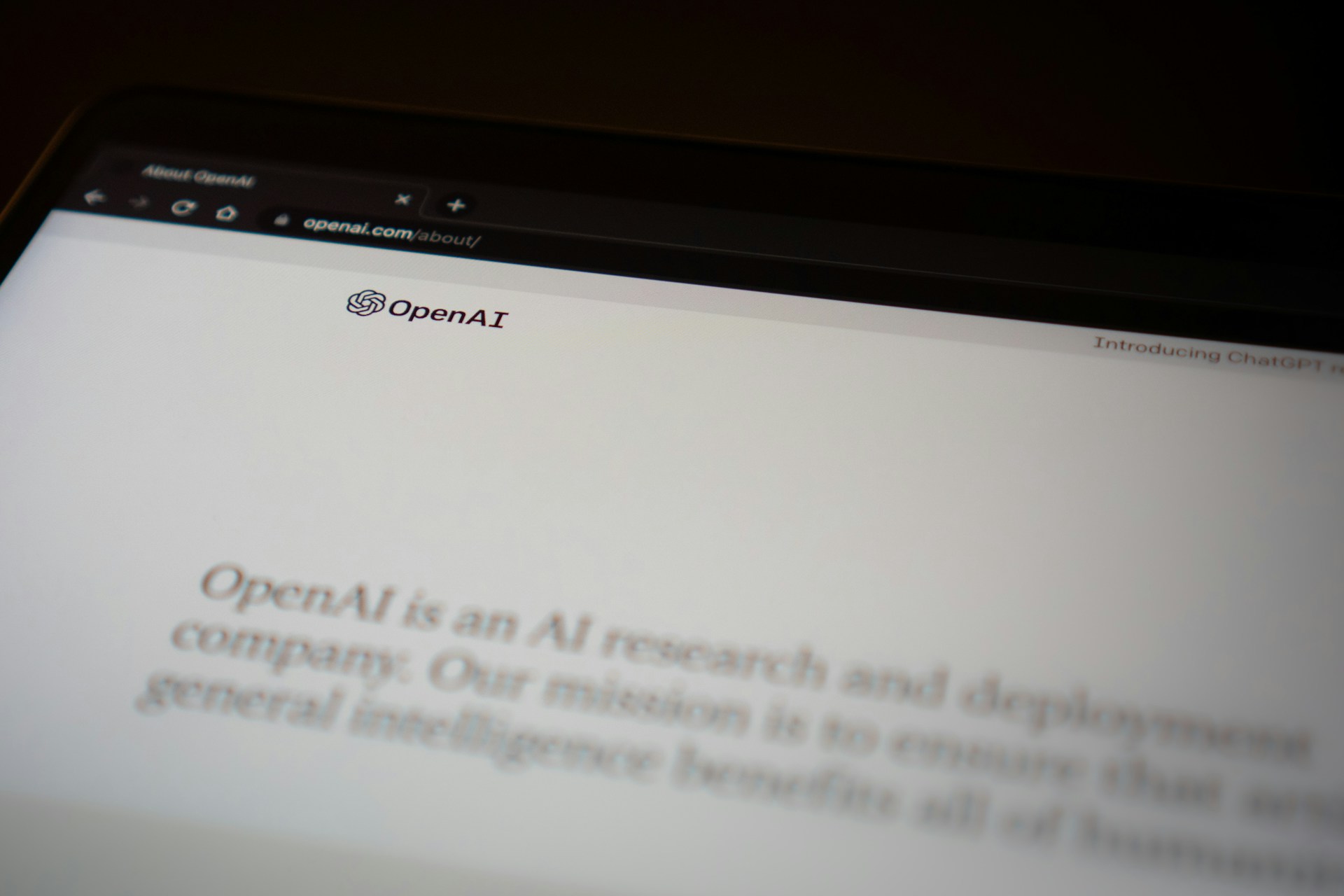
In late 2022, OpenAI’s launch of the conversational tool ChatGPT changed the game for good, helping AI push into the mainstream. From image generators like Midjourney to community platforms like www.huggingface.co, several AI tools are widely available for public use. But that very accessibility begs one question: can AI really be trusted? A string of recent controversies has cast doubts on the reliability of a tool that might be too powerful for its own good.
The AI revolution is afoot, and it seems nothing can stop the technology from transforming society. Some observers are less than enthusiastic about this change, however. As early as 2023, over 1,000 researchers and tech leaders signed an open letter urging all actors in the AI field to pause the development of new advanced systems amid fears of corporate irresponsibility and misinformation. Co-founder of Apple (News - Alert) Ted Wozniak and 2020 presidential candidate Andrew Yang were among the signatories, alongside influential figures like Elon Musk. The chief executive of Tesla and SpaceX (News - Alert) doubled down on his grievances last week, suing OpenAI and its CEO Sam Altman for breach of contract. While Musk co-founded the ChatGPT-maker, he now opposes the startup for allegedly abandoning its original objective of benefiting humanity for sheer profit.
This recent lawsuit is just one of the latest developments in the tech billionaire’s feud with artificial intelligence. Taking to X, Musk expressed concern about Google’s (News - Alert) generative AI chatbot Gemini, accusing the tech giant of running anti-civilizational programming with its models. These allegations come after Google Gemini generated inaccurate historical depictions, such as female popes and racially diverse Nazi-era soldiers, causing backlash on the internet over attempts at rewriting history. The scandal took such enormous proportions that Google has since apologized and pledged to address these problematic responses. Yet, the heart of the matter remains hotly contentious. Musk himself added fuel to the fire by stating Gemini AI would play center stage in every Google product, calling such biased programming “extremely alarming.”
Given the South African tech luminary’s investments in artificial intelligence, as he recently unveiled a competitor to ChatGPT, Grok, his takes on the issue may not be entirely selfless. Still, the reluctance to trust AI-powered tools extends beyond the tech sphere. Some experts in the legal field are worried about the repercussions of artificial intelligence on the justice system. Courts across countries like Canada are releasing warnings about the use of chatbots whose answers to legal questions are often faulty. AI making its way into the legal process can also disrupt courtroom evidence, as defendants are increasingly disputing decisions over claims that evidence is false or AI-generated.
The rise of photorealistic text-to-video tools has reinforced these concerns. OpenAI’s latest video-generation model, www.openai.com/sora, has troubled many analysts for its unparalleled realism. While glitches and visual oddities still betray the artificial nature of Sora’s video clips, these anomalies might become even more undetectable as the technology progresses, resulting in deepfakes so authentic-looking as to be indistinguishable from the real thing. Sam Altman’s (News - Alert) company is keenly aware of these challenges, and the tool will remain unavailable to everyday users until a red team of trusted experts assesses its risks.
That said, artificial intelligence has also proved beneficial when put in the right hands. Many cybersecurity professionals have resorted to AI to better monitor for potential flaws and irregularities in data access. Several industries followed suit, with the gaming sector acting as a trailblazer in tech adoption. Casino operators are progressively implementing AI solutions to counter fraud and protect their users’ online integrity. Despite these steps forward, phony websites haven’t completely vanished from sight. Incidentally, card sharks had better visit reliable platforms like www.vegasslotsonline.com to make their play. Experts offer genuine casino recommendations based on their testing of licensed websites only. A lengthy reviewing process helps them analyze the strengths and weaknesses of any casino site before approving it. Thus, players can access thousands of free slots and real-money options at no risk.
The trustworthiness of AI-powered tools is more nuanced than meets the eye, since they can serve either well-intentioned or harmful purposes. It is for this very reason that such a double-edged sword requires regulations. Recently, the Indian government has asked tech firms to seek explicit permission before releasing “unreliable” AI tools. Last year, European officials also issued an AI act to ensure the safety of all systems used in the EU. Still, uncertainty is poised to remain rampant among both AI advocates and detractors.
